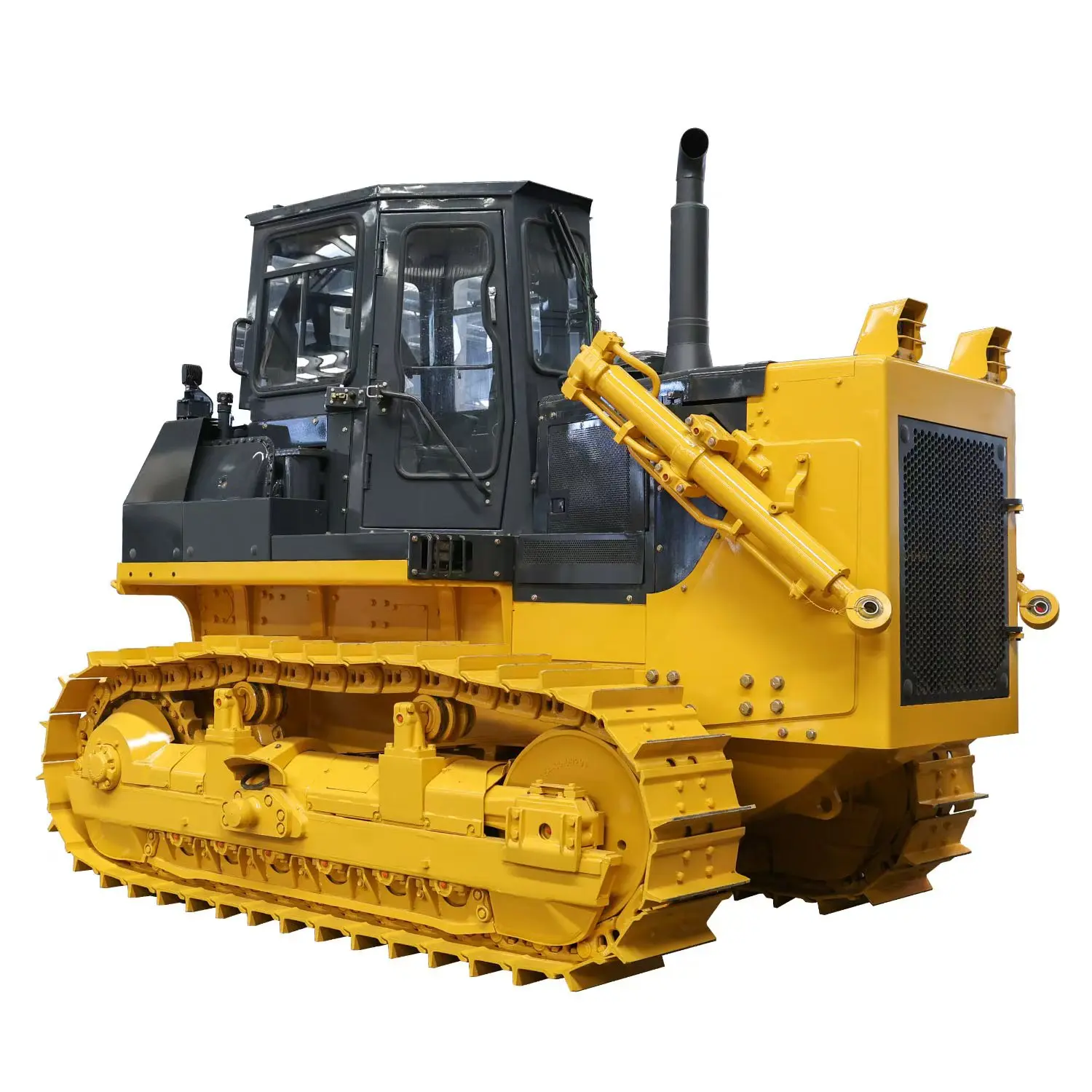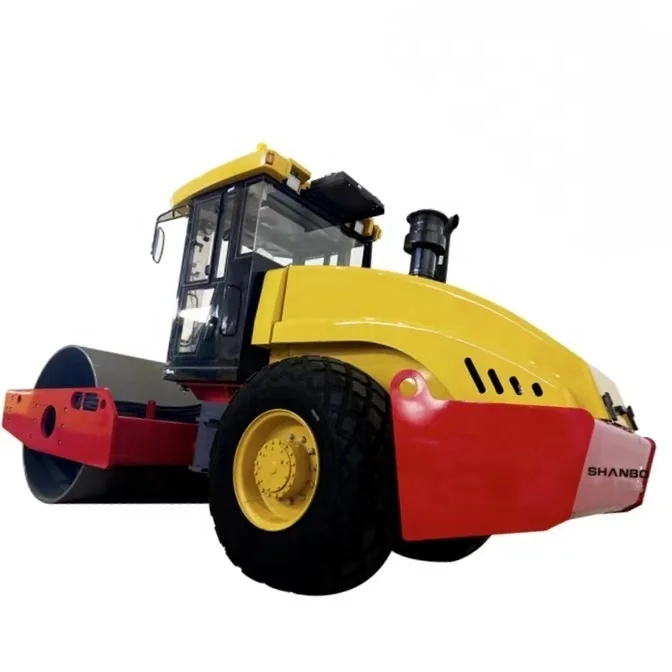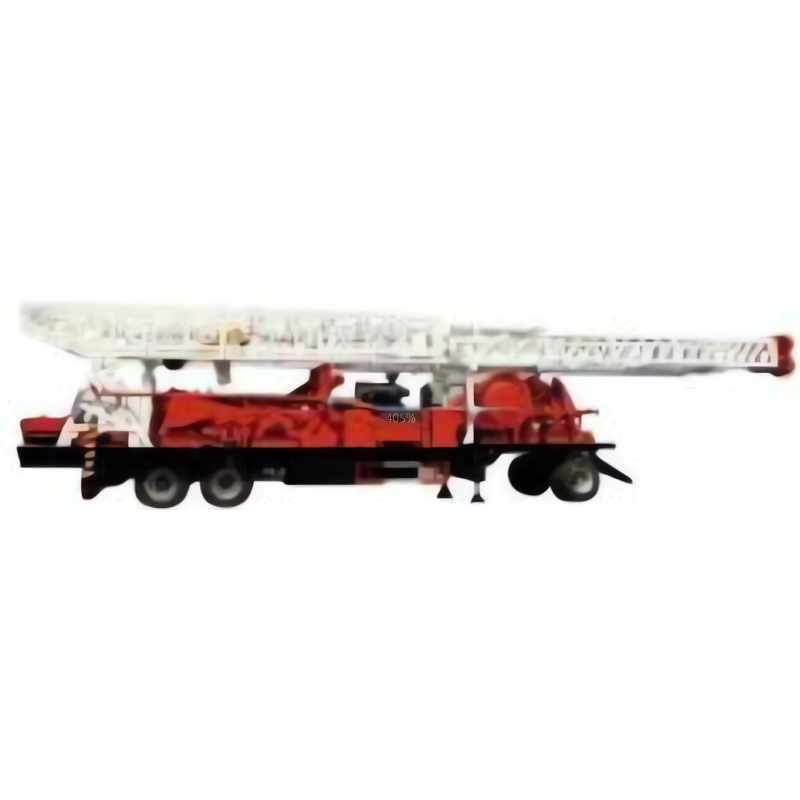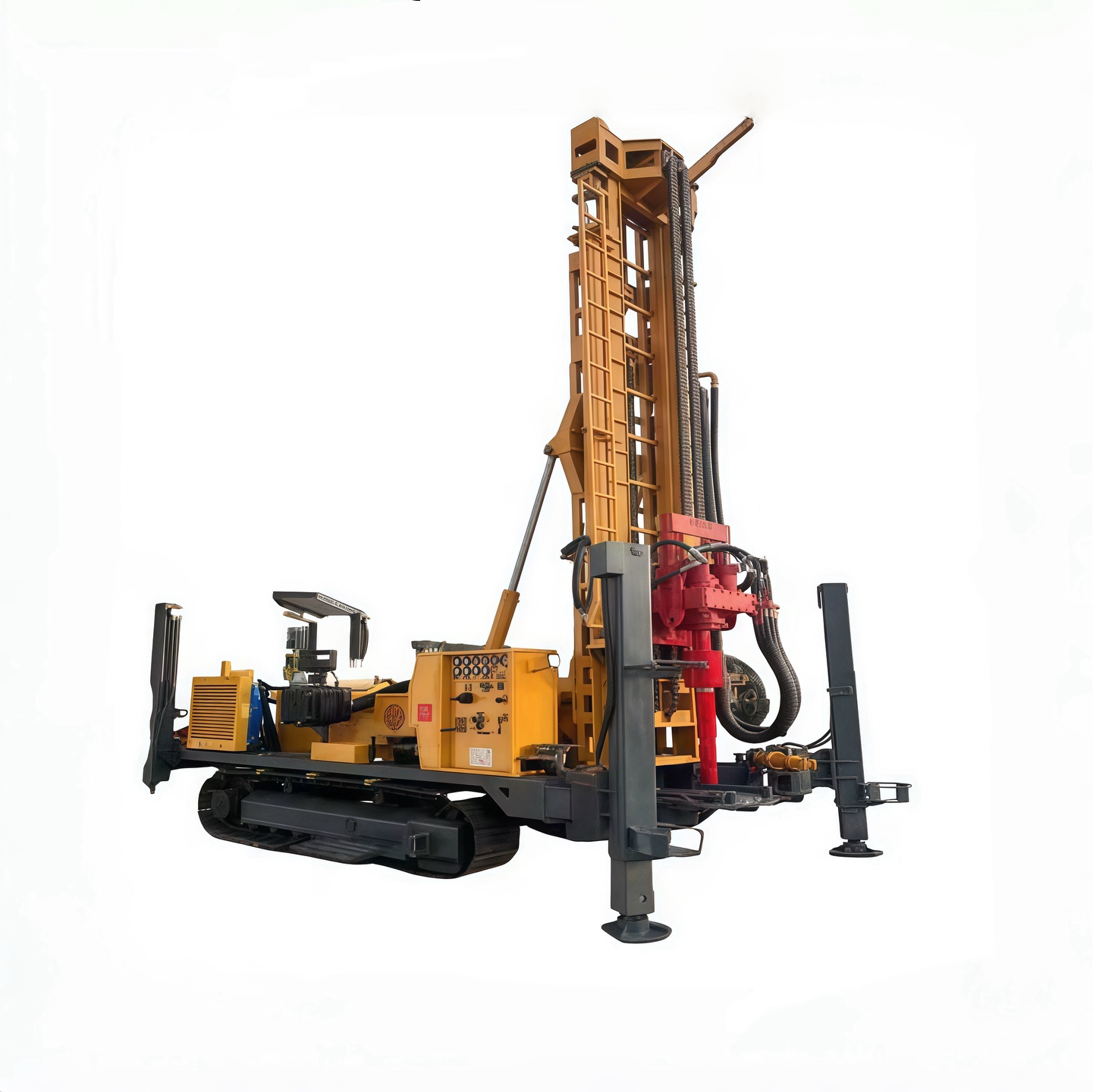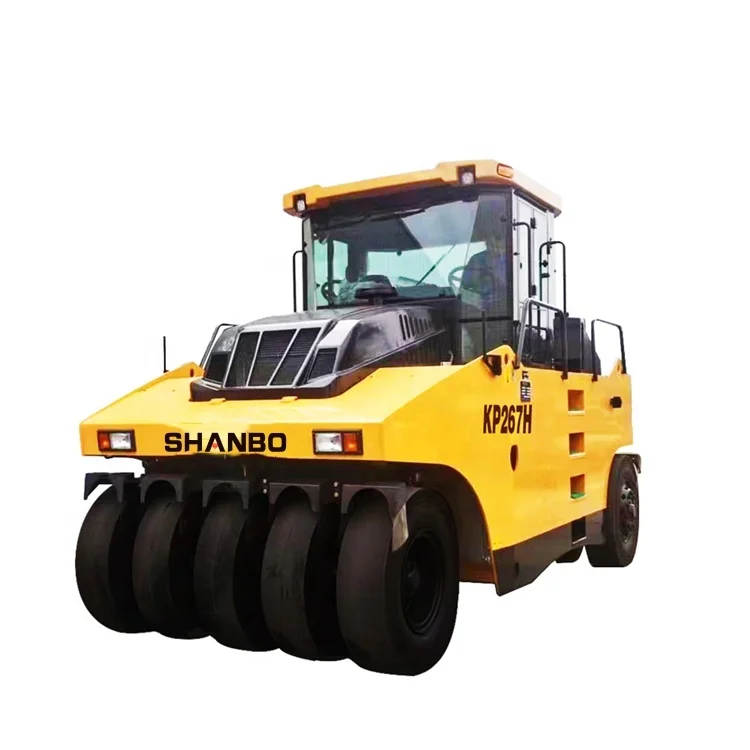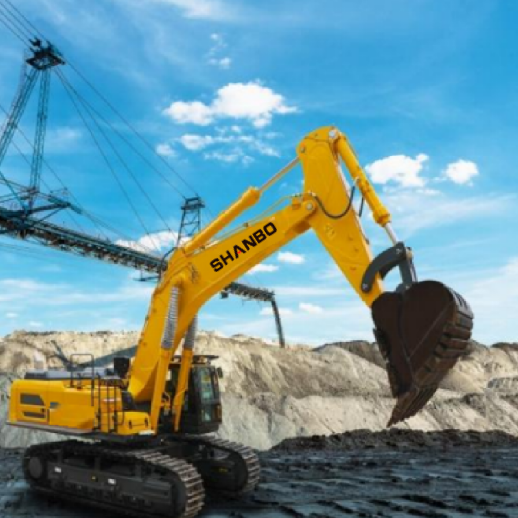Factors to Consider When Selecting a Construction Equipment Supplier
Understanding the Range of Construction Equipment Offered
Key Machinery Types: Bulldozers, Excavators, and Loaders
Knowing what different construction machines do makes all the difference when it comes to getting work done efficiently at a job site. Take bulldozers for instance they're pretty much essential whenever there's dirt, rocks, or rubble needing to be moved around. These big machines actually come in two main varieties crawler type and wheel driven models. The crawlers are great for rough terrain because their tracks grip better than wheels ever could, which is why they dominate construction sites with muddy conditions. Wheeled bulldozers though? They handle paved roads and flat areas much better since they can move faster without getting stuck. Most contractors will tell you that picking the right kind of bulldozer for the terrain can save hours of frustration and wasted fuel.
Excavators, often referred to as diggers, are known for their versatility and can perform various functions such as digging trenches, lifting heavy materials, and even conducting demolition tasks. They are pivotal in many types of construction ranging from residential projects to large-scale infrastructure developments.
Loaders, on the other hand, are crucial for material handling and transportation. They efficiently move soil, rocks, and other heavy materials, aiding in clearing land for construction and effectively managing materials on job sites.
Specialized Equipment for Mining and Drilling Projects
In mining and drilling operations, specialized equipment is essential to meet the project-specific needs. Machinery such as continuous miners and well drilling rigs are specifically designed for efficient excavation and drilling in various geological settings.
Rotary and percussion drillers are exemplary in this regard, as they offer the capability to penetrate different rock types and soil conditions. Technological advancements have significantly enhanced the capabilities of mining drilling machines, enabling more precise and faster operations.
Innovations like automated controls and remote monitoring systems have improved safety and efficiency, transforming how these machines operate in challenging environments. These advancements not only boost productivity but also ensure minimal disruption to natural formations during drilling and extraction processes.
Evaluating Compatibility With Road Rollers & Motor Graders
Checking if road rollers and motor graders work well together isn't just something to tick off a list when planning projects. When these machines don't mesh properly with what else is running around on site, things tend to grind to a halt pretty fast. Contractors need to look at several factors before bringing them into play. The actual dimensions matter a lot since nobody wants oversized machinery getting stuck where smaller units could fit. What each piece does specifically counts too. A grader designed for fine grading won't handle rough terrain jobs without causing problems down the line. And let's not forget about where exactly they'll be operating daily. Dusty desert environments call for different maintenance schedules compared to wet coastal areas where rust becomes a real concern over time.
Road rollers do the heavy lifting when it comes to packing down asphalt and soil, which is what makes them so important for building strong road bases and other infrastructure projects. Then there's the motor grader, basically the leveler of the construction world, smoothing out those rough spots on job sites everywhere. When managing a paving project, getting these machines to work together right matters a lot. Contractors who know their stuff will tell you that pairing road rollers with motor graders properly can make all the difference between a decent surface and one that actually lasts through seasons of traffic and weather.
Assessing Supplier Reputation in Heavy Machinery Markets
Introducing Shanbo Construction Equipment Supplier
Shanbo stands out in the construction equipment market as one supplier that keeps coming up again and again on job sites around the globe. They offer everything from heavy duty bulldozers right down to specialized excavators and robust loaders, which explains why so many contractors keep turning back to them time after time. What really makes Shanbo different though isn't just their product lineup but how they actually listen to what operators need in the field. Many miners and road builders swear by their machines because they hold up under tough conditions without breaking the bank on maintenance costs.
Reviewing Client Testimonials for Bulldozer Companies
What people say about their experiences matters a lot when judging bulldozer companies and what they sell. These real world stories give actual looks at how good, dependable, and effective bulldozers really are, something that shapes how others see the business overall. When folks share positive feedback, they tend to talk about things like machines lasting longer than expected, getting work done faster, and receiving decent help from sales reps or tech support staff. This kind of word makes other buyers think twice before making big purchases. On the flip side, bad reviews usually point out problems with regular repairs needed, equipment breaking down too often, or poor responses from customer service teams. Potential clients reading these negative accounts might decide against doing business with those particular companies altogether.
Looking for trustworthy reviews? Check out specialized industry forums, browse third party review sites, or scroll through social media where real people often post about their actual experiences. Going through these different sources gives a better sense of what others think without bias, which makes it easier to pick the right bulldozer supplier. Talking to folks who work on construction sites day in and day out also helps get the lowdown on how good the equipment really is and whether suppliers actually deliver what they promise.
Industry Certifications for Mining Drilling Machine Suppliers
Certifications like ISO and CE matter a lot for companies making mining drilling equipment because they show that the gear meets strict safety rules and works properly under tough conditions. Getting these stamps of approval basically tells customers that a manufacturer cares about producing reliable products that follow global regulations. Take ISO certification for example it means the company has processes in place to maintain consistent quality control throughout production. This isn't just paperwork either real world testing happens too. Mines can't afford faulty equipment when lives depend on it working right every single time.
Mining operations simply won't tolerate substandard equipment, so certifications matter a lot in this field. Suppliers who carry proper certification give customers confidence that their products actually work as advertised and that the company behind them cares about quality control. For anyone buying drilling rigs for underground mines, checking those certificates isn't just paperwork it's about staying safe. Without proper certification, there's real risk of breakdowns deep in tunnels where rescue options are limited. The right certifications also mean machines will perform reliably whether they're boring through hard rock formations or softer sediment layers found in different parts of the world.
After-Sales Support and Maintenance Services
Warranty Coverage for Excavators and Diggers
When looking at excavators and diggers, warranty coverage matters a lot to most buyers because nobody wants surprises when something breaks down unexpectedly. Most manufacturers offer warranties that last between 1 and 2 years, which generally takes care of both parts and labor if there's a problem with how the machine was built. The good news is these warranties usually extend to important parts too – think engines, those complicated hydraulic systems, plus all the drive components that keep the whole thing moving along properly.
However, the specifics can vary among suppliers, making it essential for buyers to scrutinize warranty documents. Understanding warranty terms helps avoid future financial surprises and ensures that the equipment maintains its value. I always advise checking the fine print, particularly the conditions and exclusions that could affect coverage.
Availability of Replacement Parts for Well Drilling Rigs
Getting hold of replacement parts when needed remains critical for keeping well drilling operations running smoothly. When equipment breaks down on site, having those exact parts on hand makes all the difference in getting things fixed fast and back online. Without them, crews face days or even weeks of downtime waiting for shipments, which means lost revenue and mounting expenses as projects fall behind schedule. For oil and gas companies operating under tight margins, this kind of unplanned stoppage hits hard both financially and operationally.
Trusted suppliers such as Shanbo, known for their comprehensive inventory, play an indispensable role in the supply chain by ensuring continuous availability of critical parts. These suppliers are often equipped with strong after-sales services that include quick dispatch of replacement components, minimizing disruption and enhancing operational resilience.
Pricing Structures and Financing Options
Understanding Excavator Price Variations
Excavator prices fluctuate quite a bit depending on various elements. Brand matters a lot actually. Big names such as Shanbo tend to charge more because people trust them for dependable performance and they come packed with newer tech features. Then there's what comes standard with each machine. Bigger machines with stronger engines obviously cost more money than smaller ones. The market itself affects costs too. When certain models become popular suddenly everyone wants them and prices shoot up fast. We've seen this happen with hybrid models recently.
Buyers should generally budget between around $50k for smaller machines all the way up past half a million dollars for those top tier heavy duty models. Of course prices vary depending on what we talked about earlier though. Another big factor affecting cost is simply whether the machine is brand new or second hand. Brand spanking new equipment comes packed with all the latest tech and full manufacturer warranties, but let's face it folks, that kind of stuff costs extra cash. Used excavators will definitely save money upfront, although there might be some unseen damage hiding under those shiny exteriors waiting to cause problems down the road.
Leasing Programs for Road Construction Equipment
Renting road construction gear instead of buying comes with some real perks for businesses. The biggest plus? Getting top notch machines without shelling out huge cash upfront, which keeps money available for things like payroll or buying materials. Another big win is staying current with tech advancements. Contractors don't have to worry about obsolete equipment sitting around when they can simply upgrade to newer models every few years. Plus, most lease agreements come with fixed monthly costs that make planning expenses much easier. This predictability helps small operators manage their budgets without unexpected surprises at month's end.
Most equipment leases run anywhere from one year up to five years long, though this can vary quite a bit based on what kind of gear we're talking about and which rental company is involved. The contracts usually come with all sorts of conditions too like how much wear and tear they'll allow, penalties if someone wants out early, and sometimes even a buyout clause at the end. While leasing does help keep money in the bank and gives businesses access to newer tools without huge upfront costs, nobody should sign anything without reading every single detail carefully. The numbers game behind these agreements matters a lot for whether or not they actually make sense for any particular operation.
Equipment Availability and Project Timeline Alignment
Lead Times for Customized Motor Graders
Knowing how long it takes to get customized motor graders delivered matters a lot when putting together any earthmoving project. The wait period really depends on what kind of modifications are needed, how busy the factory is running, and whether the company making them has enough staff and equipment to handle all their orders. Some basic models might show up within a month or two, but if someone wants special attachments or unique configurations, they could be looking at waiting three to four months minimum. Contractors who plan ahead usually build these delays into their timelines so nothing gets held up mid-project.
Factors that influence these timelines include the manufacturer's workload, the specifics of the customization, and the availability of parts. Therefore, it is essential to collaborate closely with manufacturers and keep abreast of these timelines to ensure successful project planning and execution.
To mitigate delays associated with equipment lead times, strategic project planning is essential. Effective communication with manufacturers about production schedules and potential bottlenecks can help project managers anticipate delays and adjust timelines accordingly. Planning in advance allows for flexibility in the event of unforeseen circumstances.
Emergency Rental Solutions for Loader Breakdowns
Renting loaders in emergencies necessitates a clear understanding of the rental process and the key considerations involved. In urgent situations, project managers should swiftly establish contact with reliable rental suppliers and assess the availability and compatibility of loaders.
Critical factors include the loader's specifications, rental terms, and rental duration, ensuring the equipment meets the project's specific needs. Prompt and efficient communication with the rental provider is vital to securing the necessary machinery to address immediate requirements.
When projects hit unexpected roadblocks, having a good rental supplier becomes absolutely essential. These companies act as lifesavers when teams need equipment fast, cutting down on wasted time and getting things back on track. What makes a supplier worth their salt? Look for someone with plenty of different machines in stock, prices that make sense compared to competitors, and rental agreements that don't hide surprises. Many construction firms find themselves stuck because they didn't plan ahead for equipment failures. A solid partnership with a reliable rental company means less frustration during those inevitable breakdown moments. We've seen contractors save thousands just by maintaining these relationships instead of scrambling last minute when something breaks down mid-project.
Prompt rental services are integral to maintaining project timelines when unexpected loader breakdowns occur. For example, when a loader ceases operation due to a mechanical failure, a reliable rental supplier can swiftly deliver a replacement, preventing costly delays.
By swiftly restoring equipment availability, rental services ensure projects continue uninterrupted, safeguarding productivity and adhering to set deadlines. This emphasizes the necessity of maintaining robust networks with reputable rental companies for emergency situations.
Technical Expertise and Operational Training
Operator Certification Programs for Mining Equipment
Certification programs for operators play a vital role in keeping mining operations both safe and productive. These training initiatives make sure workers know how to operate heavy machinery properly, whether they're running excavators, bulldozers, or other specialized equipment on site. Regular refresher courses help keep operators up to date with new technologies entering the field, which makes workplaces safer overall while improving how efficiently work gets done. Companies shouldn't view these programs merely as regulatory requirements either. They actually equip miners with practical knowledge about modern operating methods and updated safety procedures that can save lives and prevent accidents in real world conditions.
On-Site Support for Well Drilling Rig Installations
On-site support is vital during the installation of well drilling rigs, ensuring proper setup and operational readiness. This support typically includes a comprehensive package with staff training, equipment troubleshooting, and real-time problem-solving.
Shanbo and similar companies stand out because they really get what good on site support means. They typically provide customized fixes that match exactly what each individual project needs. When skilled techs are actually present during setup, it cuts down on wasted time and mistakes happening, which boosts how productive those mining drills can be. Getting the machinery set up right isn't just important though. Keeping it running smoothly day after day matters too, especially when dealing with something as complicated and big scale as drilling wells.
Compliance With Safety and Environmental Standards
Emission Regulations for Modern Excavators
Modern excavators must adhere to stringent emission regulations to minimize their environmental impact. These regulations, such as the European Stage V and the U.S. EPA Tier 4 standards, aim to reduce the emission of harmful pollutants like nitrogen oxides and particulate matter.
Following these standards matters a lot when it comes to protecting the environment and keeping excavation work going strong over time. When companies ignore these rules, they often face serious problems down the road. Real world cases show businesses getting hit with thousands in fines, having their equipment seized by authorities, and struggling to find new clients after bad press about environmental violations. The reputation damage alone can take years to recover from. That's why smart excavation firms track changes in regulations constantly. Some even hire specialists just to monitor updates and make sure their practices stay ahead of what's required legally.
Safety Protocols for Bulldozer Operations
When working with bulldozers, following safety rules isn't just important it's absolutely essential for keeping everyone safe and making sure the machines last longer in the field. Operators need to stick closely to all the standard procedures. That means putting on proper gear like helmets and gloves before starting up, checking over the machine thoroughly before each shift begins, and staying clear away from where others are working or other heavy equipment might be moving around. Cutting corners on these basic precautions has led to terrible injuries on job sites across the country, not to mention expensive repairs needed after preventable incidents occur. Some companies have lost whole crews because someone decided to skip a simple safety step that cost them everything.
Safety training isn't just another box to check for most industrial operations these days. Real experts in the field will tell anyone who listens that good training goes way beyond basic orientation sessions. When workers actually understand the risks they face daily and know how to handle equipment properly, accidents drop off dramatically. Many plants have seen incident rates cut in half after implementing proper training protocols. Beyond preventing injuries, well-trained staff tend to spot problems before they become major issues, creating workplaces where everyone looks out for each other's safety without needing constant reminders from management.
Conclusion
In conclusion, the heavy machinery industry is experiencing significant shifts driven by technological innovation, regulatory changes, and evolving market demands. As industries like construction and mining increasingly rely on sophisticated equipment such as bulldozers and excavators, it becomes crucial to focus on both efficiency and compliance.
Adhering to strict safety protocols and emission regulations not only ensures operational efficiency but also safeguards the environment and enhances legal standing. Moving forward, the integration of advanced technologies and continuous training will be key to navigating these complexities effectively, ensuring sustainable and profitable operations in the sector.
Recommended Products
 Hot News
Hot News
-
“Water Savior” 200 m Reverse Circulation Water Well Drills Arrive in Uzbekistan
2025-03-28
-
Wheel Loader vs Bulldozer: Which Heavy Machine Fits Your Project?
2026-01-22
-
Bulldozer Track Parts Explained: Types, Functions, and Maintenance Tips
2026-01-21
-
Top Global Bulldozer Manufacturers: Leading Brands You Should Know
2026-01-20
-
Construction Excavator Overview: Types, Functions, and Key Advantages
2026-01-19
-
Ranking the Best Bulldozer Models for Heavy Construction and Mining
2026-01-17
